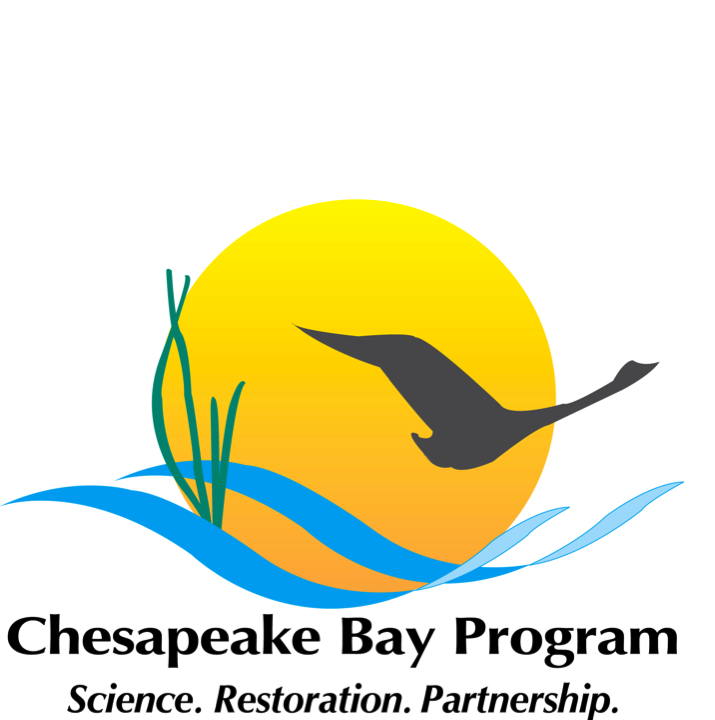
Chesapeake Bay Resources
Field Guide: learn more about 250 species of birds, fish, insects, mammals, plants, reptiles, invertebrates, and amphibians in the Chesapeake Bay Watershed Facts & Figures: Discover details about the Chesapeake

Field Guide: learn more about 250 species of birds, fish, insects, mammals, plants, reptiles, invertebrates, and amphibians in the Chesapeake Bay Watershed Facts & Figures: Discover details about the Chesapeake
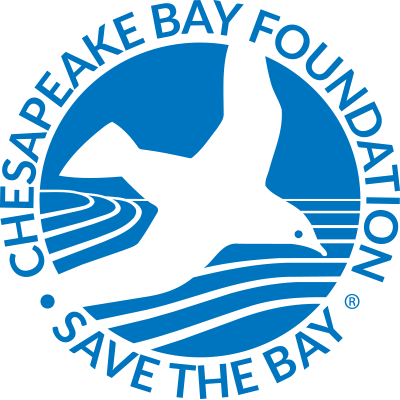
A lesson plan activity called “Bay-sic Ratios”. Includes background information, procedure, materials, vocabulary, interactive questions, charts and maps.

Register your school as an Eco School! Students learn environmental responsibility and how to take positive action. Includes Lesson Plans for teachers, Case Studies, Earth Charter for Education Guide, and
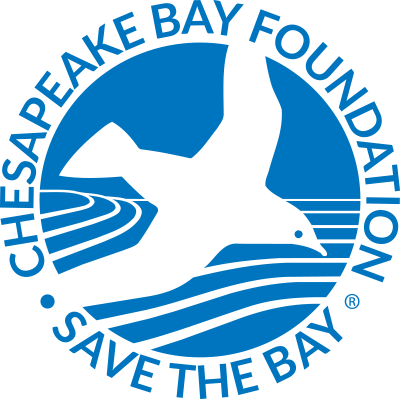
Five tips for students on how to create a strong grant proposal. Includes ability to download Chesapeake Classroom’s Education and Environment focused Grants for K-12 Schools.

Resources include downloadable Lesson Plan Toolkits on different conservation topics. Each toolkit includes two science activities, art activity, science activity, math activity, language arts activity, posters, physical education activity, and
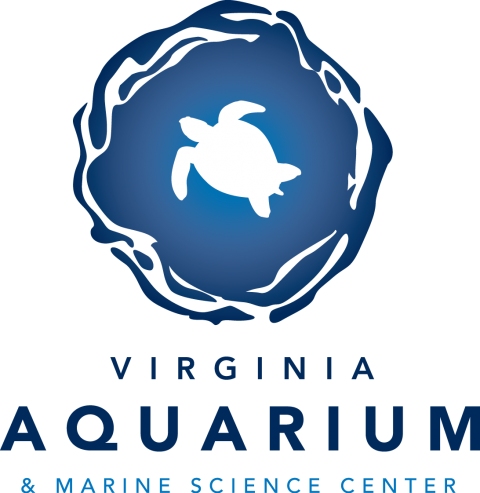
Rent Suitcase Science Kits on Life Cycles, Properties of Water, Animal Adaptations, Food Webs, Sea Turtle Science, and Climate Science in direct correlation with Science SOLs! Each suitcase kit from the
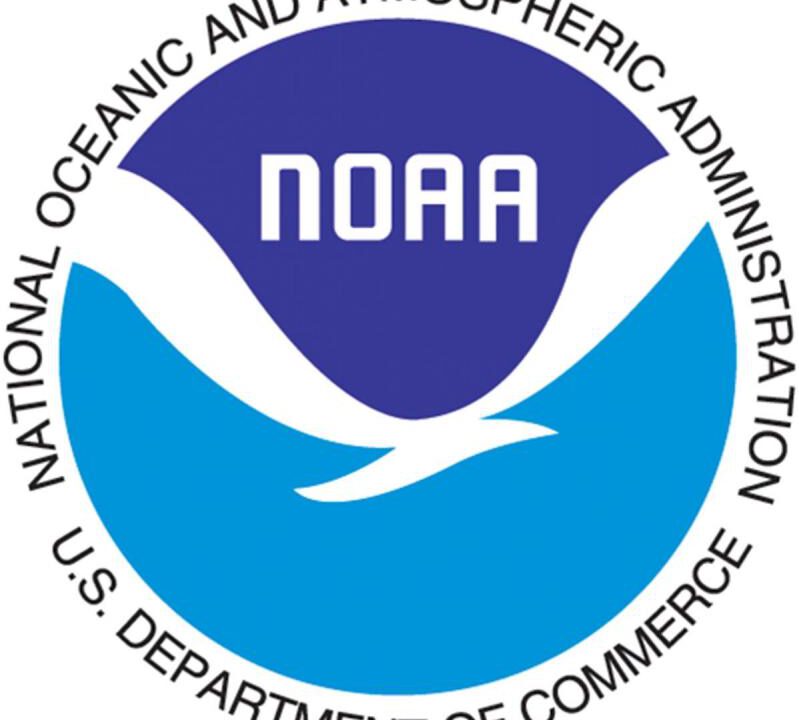
Resources are geared toward K-5th grade. Includes Hands On Lesson Plans and Activities, on subjects in Earth Science, Life Science, Physical Science, Scientific Process, and NOAA Career Paths.
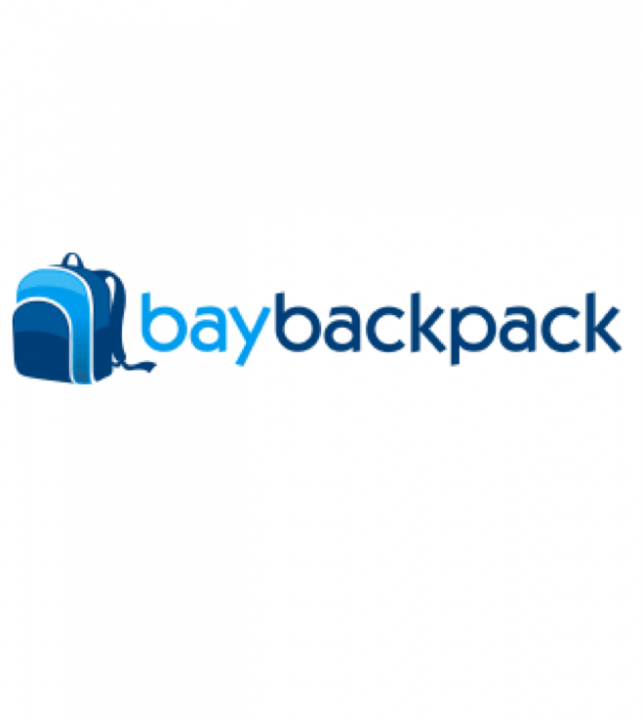
Enjoy this great resource of a collection of field activities, teacher resources, Lesson Plans, Multimedia resources, MWEE activities, and student action projects for their schools and the community. Action projects
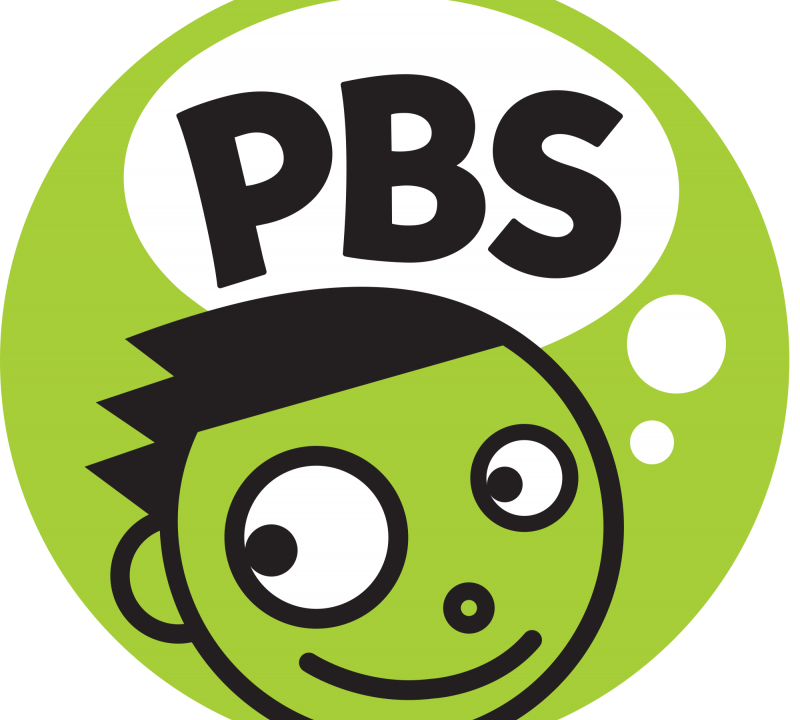
PBS combines with Dr. Seuss to teach students about marine life.
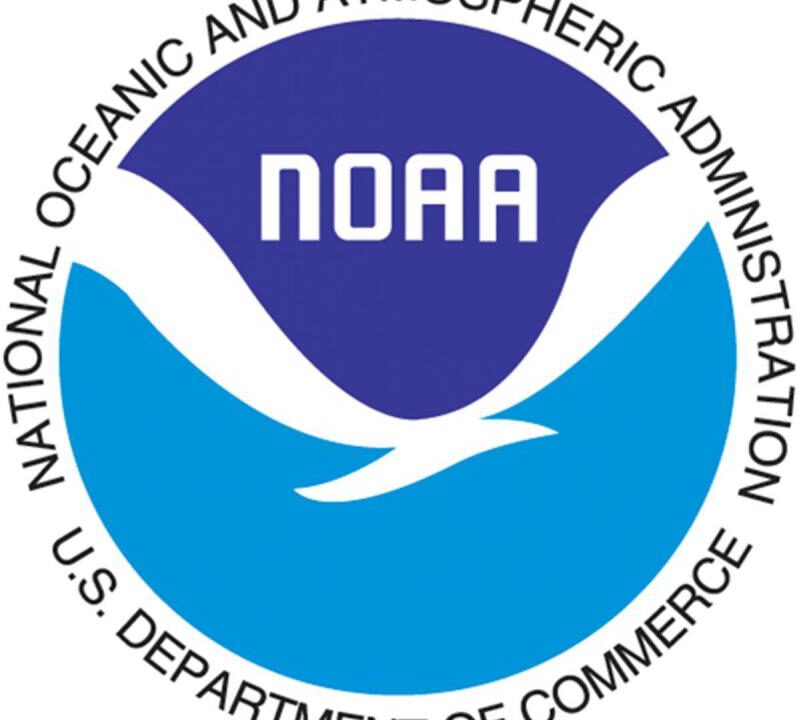
In this educational online game student clean waterways, plant habitat, and pick-up trash to restore the food web.
Thank you for your interest in the Elizabeth River Project’s Ryan Resilience Lab. We’re delighted that our site is in high demand. As the Ryan Resilience Lab is operated by a small non-profit with a big environmental mission, please help us make sure your event is a great fit.
Our priority is to host groups with relevance to our mission: to restore the Elizabeth River through equitable collaboration with diverse communities, governments, and businesses. When space and staff support are available, we are happy to host such groups free of charge, but do request that you consider an organizational membership and allow us to offer the opportunity for individual memberships.
Please fill this form out at least 30 days in advance of the event.